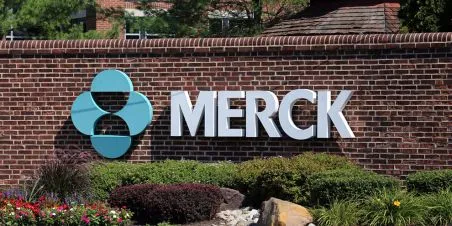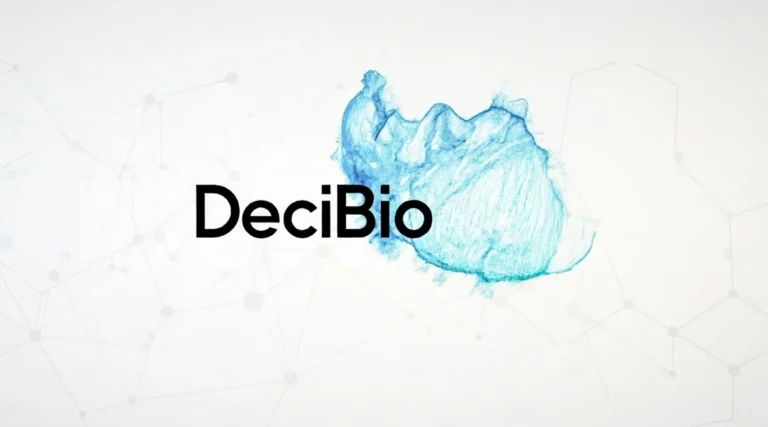
Merck Bolsters Respiratory Portfolio With $10B Verona Acquisition Ahead of Keytruda Patent Cliff
In the second-largest biopharma acquisition of 2025, Merck is acquiring Verona Pharma for $10 billion, a strategic move to strengthen its respiratory pipeline and prepare for the eventual revenue hit when blockbuster cancer drug Keytruda loses exclusivity later this decade.
The deal gives Merck full rights to Ohtuvayre, Verona’s recently commercialized treatment for chronic obstructive pulmonary disease (COPD), which was approved by the FDA in June 2024. Ohtuvayre is already gaining traction, with 25,000 prescriptions filled and $71.3 million in sales during Q1 2025. Analysts at BMO Capital Markets estimate the drug could reach peak annual sales of $3.4 billion, starting with projected 2025 sales around $400 million.
“Merck’s acquisition of Verona reflects a clear intent to begin replacing commercial revenue now, ahead of Keytruda’s expected patent expiry in the back half of the decade,” BMO analysts wrote in a note to investors.
Under the agreement, Merck will pay $107 per American Depository Share (each representing eight ordinary Verona shares), valuing the deal at approximately $10 billion. The boards of both companies have unanimously approved the transaction, which is expected to close in Q4 2025, pending regulatory and antitrust approvals.
This marks the second-largest industry M&A deal of the year, trailing only Johnson & Johnson’s acquisition of Intra-Cellular Therapies in January.
The acquisition adds to Merck’s recent string of high-profile purchases. In 2023, the company acquired Prometheus Biosciences for $10.8 billion to bolster its immunology pipeline. That followed an $11 billion deal in 2021 for Acceleron Pharma, focused on rare diseases. More recently, Merck also picked up Imago Biosciences ($1.36 billion) for its bone marrow disorder portfolio, and EyeBio (up to $3 billion), signaling a return to ophthalmology after nearly a decade-long absence from the field.
Ohtuvayre will complement Merck’s growing respiratory franchise, which recently saw a milestone with the approval of Enflonsia, a respiratory syncytial virus (RSV) antibody. Within two weeks of approval, Enflonsia received a CDC advisory panel recommendation for use in infants under eight months without maternal antibody protection.
As Keytruda faces a patent cliff in 2028, Merck appears to be laying the groundwork for a post-Keytruda era through strategic acquisitions and pipeline diversification.





